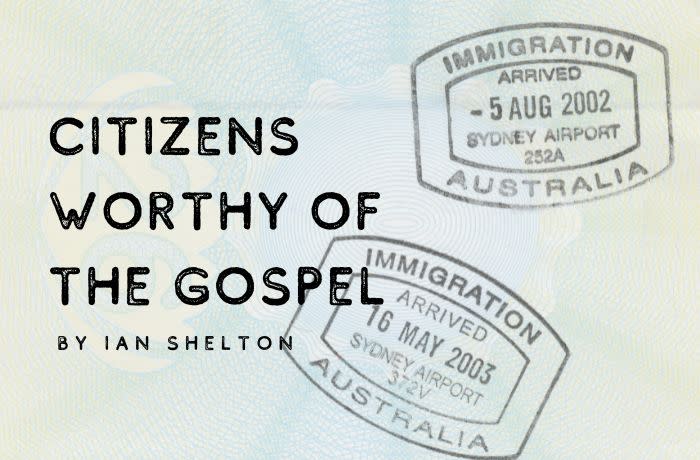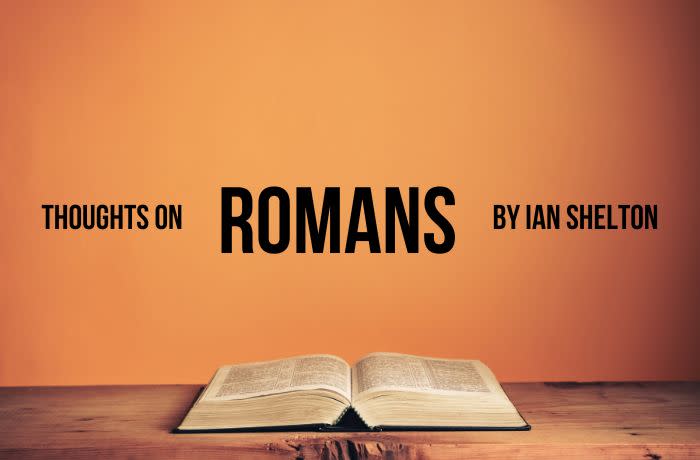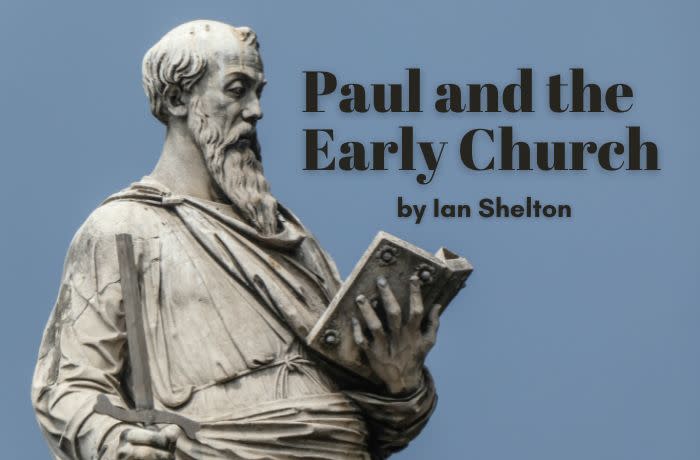Download our vision book
Another man had a dream which turned out to be vitally important for the formation of the nation of Israel and the fulfilment of the Abrahamic vision. This person is of course Joseph. Read about his remarkable journey, literally from the “paddock to the palace.” (Gen. 37-50)
This story is important for the following reasons. God had birthed in Abraham a vision to be a special community of people, a nation, who would possess a promised land and become a light to the nations.
The foundation to this vision was fatherhood; Abraham, Isaac, Jacob and the twelve fathers who would lead each tribe.
To be all that God intended they needed to be in unity, even though they would be twelve diverse tribes. The blessing of God and victory over the enemy depended on this unity. It was always to be a covenantal unity based on their common relationship with God and obedience to His word. (Alan Thompson’s book, One Lord, One People, makes a powerful case for God’s people needing to live in unity if they are to be blessed and victorious over the work of the enemy.)
The nation of Israel was first of all to be a family founded on fatherhood and brotherhood that was meant to be deeply relational. God used Joseph not only to preserve his family in the time of famine but also to forge a relational unity among a group of difficult men.
The story is even more amazing when it is seen how badly Joseph was treated not only by his brothers but also by others. It would seem, by the story, that he did not deserve any of this treatment. Joseph was hated by his brothers who sold him into slavery who then lied to their father about his fate. As a slave in Egypt, by resisting an attempted seduction by his master’s wife he was again lied about and ended in prison. Wherever he found himself he sought to bring blessing to others. Even in prison he was overlooked until a desperate Pharaoh discovered him and brought him into the palace as his second in charge.
By interpreting Pharaoh’s dream Joseph was able to discern the seven good years and the seven bad years. He was put in charge of storing food during the good years for the coming famine, thus “saving” the world, including his own family.
For all the unjust treatment that came his way, he never hated in return. He bore no grudges, took no offence and in return always sought to be a blessing. He discovered that the grace of God came in a special way to those who suffered unjustly. (1 Peter 2:18-20) Joseph had learned the “Jesus way” pre-Jesus! No doubt the reason why Joseph had such a grace on his life was the fact that he knew God. He knew that God had sent him on an assignment to be a father to Pharaoh to preserve the lives of many, including, and especially his own family. (Gen. 45:8; 50:20)
As Psalm 105:16-24 reveals this was no easy walk for Joseph. Through his sufferings he became effective and fruitful. However the important point in this chapter in the context of the theme of this book is that Joseph was a deeply relational person who not only could forgive but also reconcile. It was one thing for Joseph to forgive those who committed terrible injustices against him but quite another to have the heart to reconcile those fractured relationships.
The future of the people of God depended on Joseph “going the extra mile.” How could these brothers be the founding fathers of the tribes of Israel with all the evil they had exhibited towards their brother Joseph? Joseph not only saved them from the famine, he readily forgave their hatred and evil actions, and then, through much weeping, reconciled with them to become a true brotherhood. The purposes of God went forward for Israel and the world on the foundation of this relational unity, forged through the sacrifice of one man.
Every town and city needs a “Joseph.” Ideally several “Joseph’s”, someone who is prepared to sacrifice their lives and even their ministries to be a catalytic connector of the Body of Christ. This man or woman of peace is one whose heart is given to see the preservation, unity and mission of the church flourish to the glory of God.
This person will constantly seek out others to forge understanding, and where necessary broker repentance, forgiveness and reconciliation. The goal is to become a reconciled family of brothers and sisters who really love one another. Or as a friend of mine once said, who even like one another! They not only want to be together relationally but they seek to work together in the Kingdom of God in their place. They live to promote Jesus and His Kingdom, not their own siloed ministries.
Reconciliation is basic to the gospel. The heart to be a reconciler is evidence that the gospel is at work. To be in Christ is to be a new creation and to be reconciling ambassadors for Christ. The God who reconciled people to Christ also at the same time gave His people the ministry of reconciliation. (2 Cor. 5:14-21)
Who has this ministry and heart in your city?
By Ian Shelton Coordinator of Movement Australia



